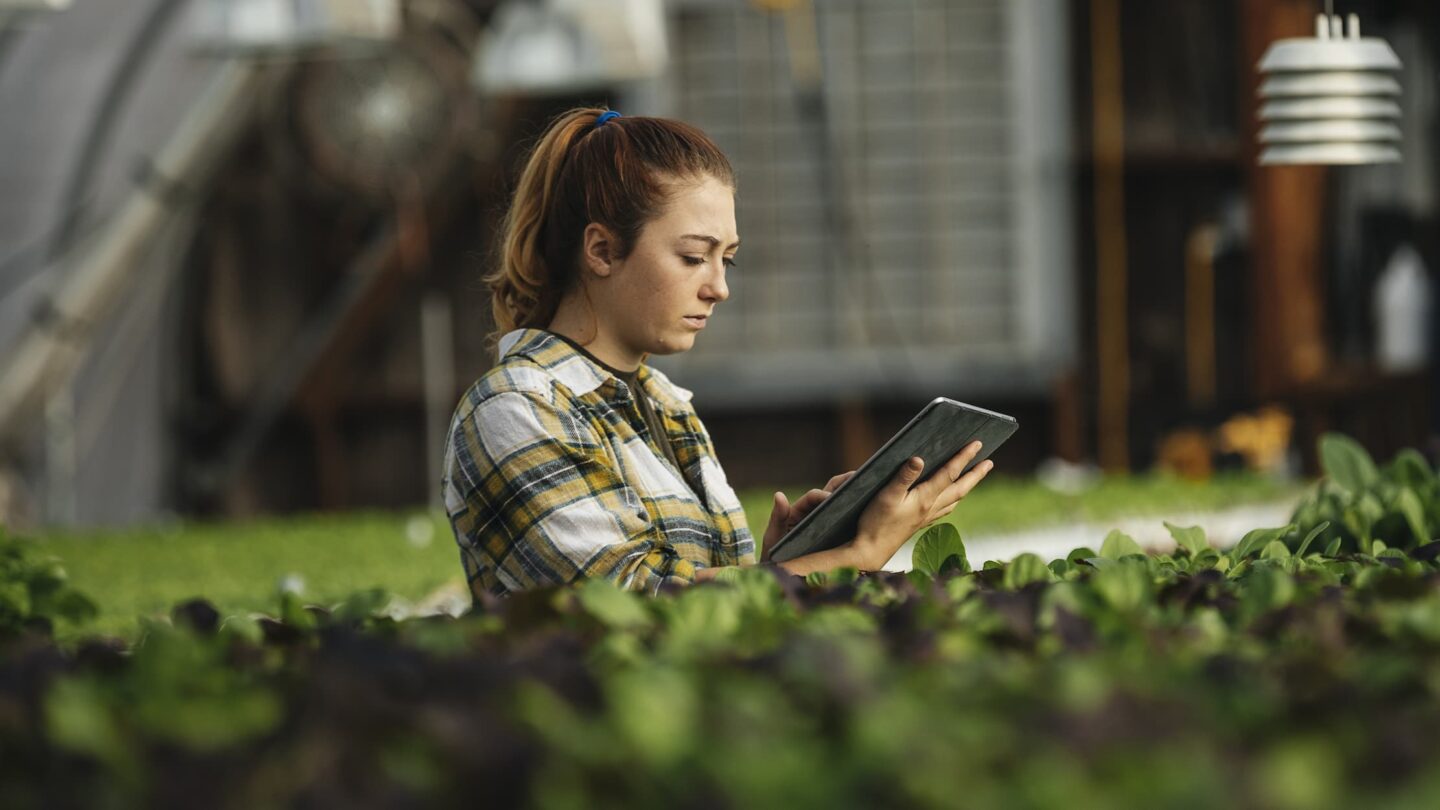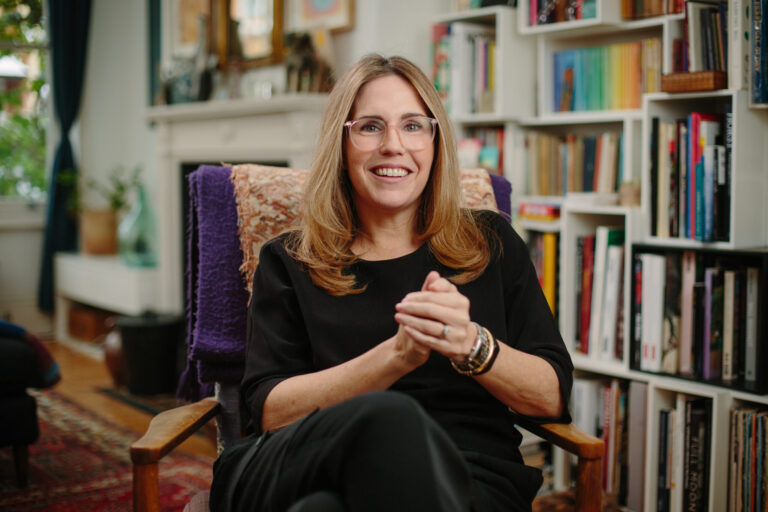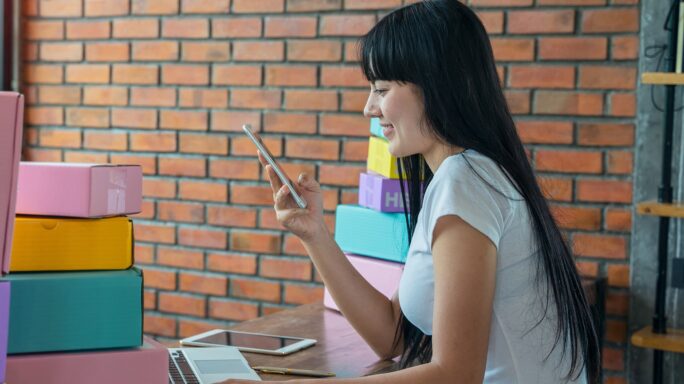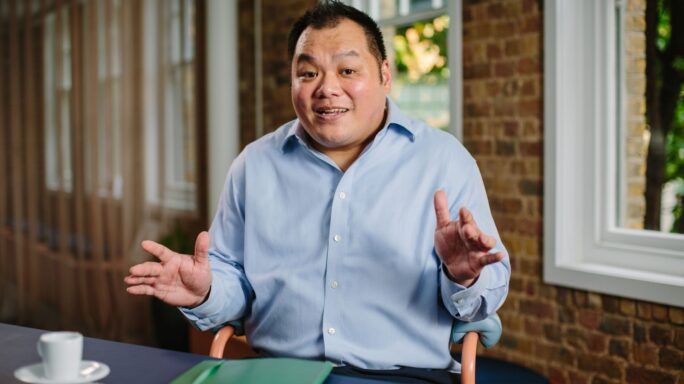Season 3: Building business resilience
Why I chose the sustainable route–and why you can too

More than 90 new companies were created every hour between January – June 2022, according to research by iwoca. That’s 402,000 opportunities to build better, more sustainable, and more successful businesses.
The planet needs it: according to overshootday.org, we’re using up natural resources 1.8 times faster than they can regenerate, and the people want it: the majority of global consumers are voting for positive change with their purchases.
No matter how big or small your business is, you can choose the sustainable route and make purchase decisions cost-effective and convenient for your consumers.
paula quazi
Here’s why I did it–and why you can too.
Find your purpose
I started my journey of building a sustainable brand around 10 years ago.
Before that, I had spent 25 years working for some of the biggest multinational businesses like Unilever, Walgreens and McDonalds, and on amazing brands like Hellmann’s, PG Tips and Boots. Some would say I achieved a lot in that time, but deep down, I didn’t feel I had made a difference in anything that really mattered.
I needed some inspiration.
So I looked at brands like Patagonia, Ben and Jerry’s, Warby Parker and Timpson here in the UK. They proved that businesses could contribute beyond just making a profit.
I also looked at my barriers to sustainable choices. I found that eco-cleaning products didn’t work as well as other brands. Not only that, but they were really expensive.
I was convinced it didn’t need to be this way.
Be ingenious
I was determined to produce effective and sustainable cleaning products and distribute them at a price that made sense. In other words, I wanted to do things differently.
So together with an ex-Unilever colleague Nick, we began work to create eco-efficient products at affordable prices. Our products were not only eco-efficient but were also super concentrated so that they could be posted through the letterbox. By delivering direct we were able to cut out the supermarket and pass the savings on to the customer.
Overcome the obstacles
Creating eco and efficient products was really hard. It took us two years to create a product that worked as well as the leading brands. It also took us two years to replace our recycled packaging with cardboard–and when we did, we had lots of problems in transit for the first six months or so–boxes fell apart in the postal system and we had to quickly rework the design and production to make them more robust.
But we got through it.
Making financial sense was hard too. When we launched, we purchased minimum orders of everything at very high prices. However, we believed we could make it make financial sense as we grew and we could order bigger quantities of everything–and that is exactly what we did.
We overcame all of these obstacles because we stayed true to our mission of making a difference.
Go beyond selling product
Since we launched, we have saved over 16,000 tonnes of carbon, more than 3,000 tonnes of chemicals, and 1,000 tonnes of plastic.
We have donated over 150,000 washes to families who need them and put 80 mini-laundrettes in schools in deprived areas.
Build a more successful business
We know that consumers are more likely to invest in a business that is doing good. It will take courage to change, it will take willpower to do things differently, and it will take resilience to overcome challenges.
But doing so will help you to outsmart your competition, stand out in the market, and help you to grow. My advice to you? Start small, stay true to your mission, and celebrate every step towards building a better, more sustainable, and successful business.





Leave a comment